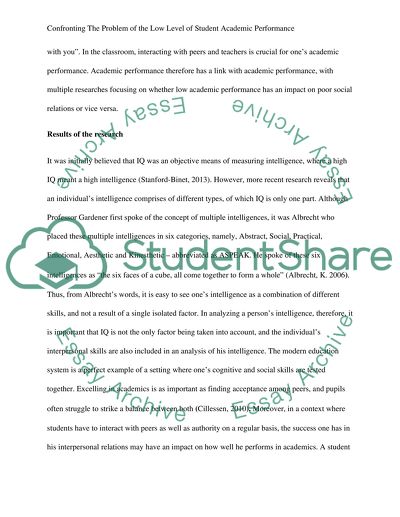Cite this document
(“Confronting the problem of the low level of students academic Research Paper”, n.d.)
Confronting the problem of the low level of students academic Research Paper. Retrieved from https://studentshare.org/education/1473720-confronting-the-problem-of-the-low-level-of
Confronting the problem of the low level of students academic Research Paper. Retrieved from https://studentshare.org/education/1473720-confronting-the-problem-of-the-low-level-of
(Confronting the Problem of the Low Level of Students Academic Research Paper)
Confronting the Problem of the Low Level of Students Academic Research Paper. https://studentshare.org/education/1473720-confronting-the-problem-of-the-low-level-of.
Confronting the Problem of the Low Level of Students Academic Research Paper. https://studentshare.org/education/1473720-confronting-the-problem-of-the-low-level-of.
“Confronting the Problem of the Low Level of Students Academic Research Paper”, n.d. https://studentshare.org/education/1473720-confronting-the-problem-of-the-low-level-of.


